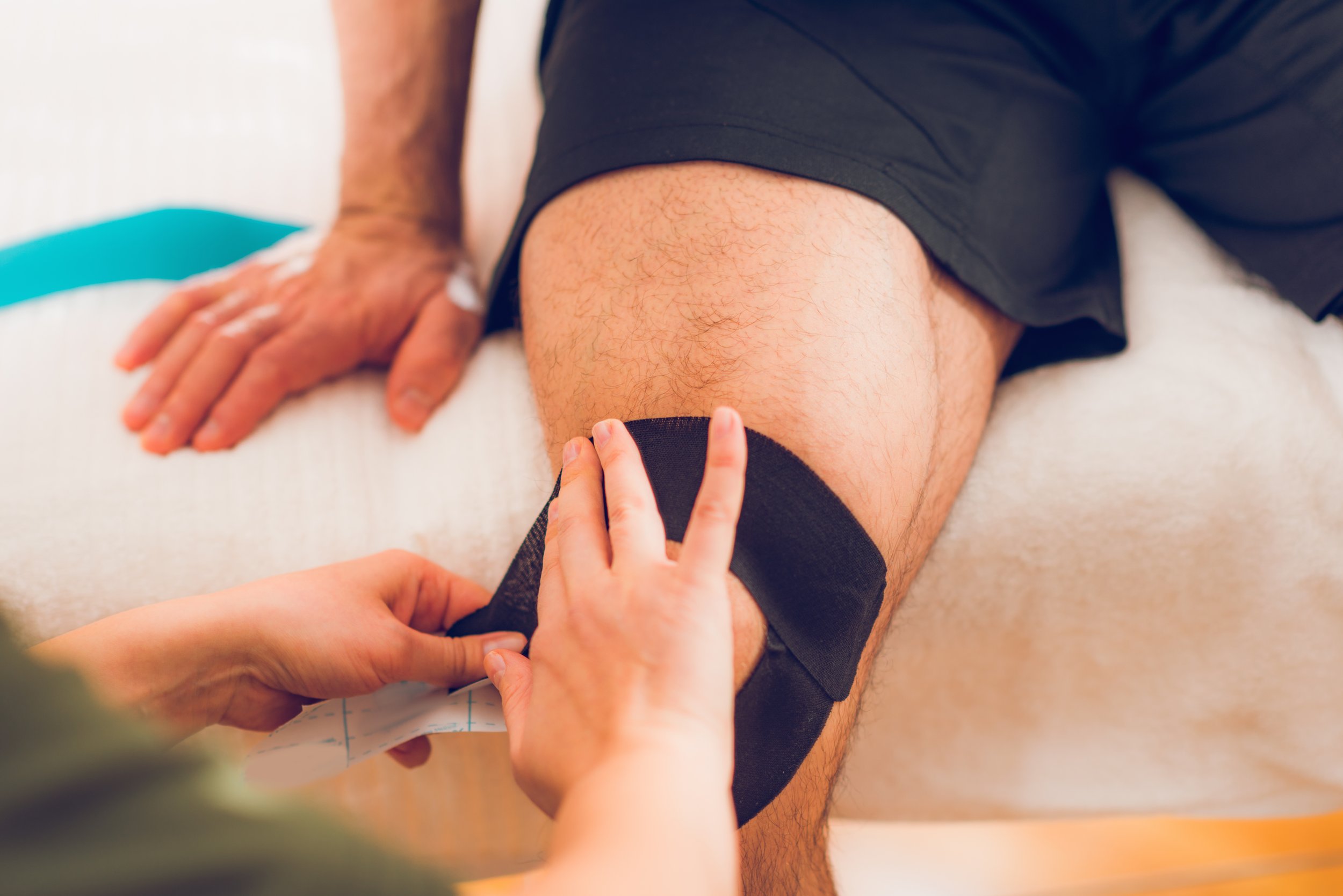Pre and post-surgery rehabilitation are crucial components of the overall treatment plan for individuals undergoing surgical procedures. The goals of rehabilitation before and after surgery are to optimize your physical and functional condition, reduce the risk of complications, speed up recovery, and improve the overall outcome of the surgery.
Many of our clients aren’t sure if they need pre-op rehab and they also have many questions about their post-op. Here's what you can expect from pre and post-surgery rehabilitation:
Pre-Surgery Rehabilitation:
Assessment: Before surgery, a thorough assessment will be conducted by a physical therapist, occupational therapist, or other healthcare professionals. They will evaluate your current physical condition, mobility, strength, and any pre-existing conditions that might affect your recovery.
Education: You will receive information about the upcoming surgery, including what to expect during and after the procedure. You'll also be educated on the importance of pre-surgery exercises and lifestyle modifications.
Exercise Programs: Based on your assessment, a customized exercise program will be designed to help you build strength, improve mobility, and enhance cardiovascular fitness. These exercises may target the specific muscles and joints affected by the surgery.
Pain Management: Your healthcare team will discuss pain management strategies and medications that might be used before and after surgery.
Nutrition: Nutritional guidance may be provided to ensure you are in the best possible health before the surgery. Proper nutrition can support the healing process.
Post-Surgery Rehabilitation:
Pain Management: You will receive medications and other pain management techniques to control pain and discomfort in the immediate post-operative period.
Early Mobilization: Rehabilitation often begins shortly after surgery, sometimes even on the same day. Early mobilization helps prevent complications like blood clots and muscle atrophy. You may start with simple movements and gradually progress.
Physical Therapy: Depending on the type of surgery and your specific needs, you may work with a physical therapist to regain strength, flexibility, and functional mobility. This may involve exercises, manual therapy, and modalities like heat or ice.
Occupational Therapy: If the surgery affects your ability to perform daily activities (e.g., joint replacement surgery), occupational therapy can help you regain independence in tasks like dressing, bathing, and cooking.
Education: You'll receive guidance on wound care, managing potential complications, and how to safely perform activities of daily living while avoiding strain or injury.
Gradual Progression: Over time, your rehabilitation program will be adjusted to challenge you appropriately as your body heals. The goal is to regain your pre-surgery level of function or, in some cases, even improve it.
Monitoring and Communication: Your healthcare team will closely monitor your progress, addressing any concerns or complications that may arise. You should maintain open communication with your healthcare providers and follow their recommendations.
Psychological Support: Surgery can be emotionally challenging. Some rehabilitation programs include psychological support to help you cope with the stress and anxiety associated with the procedure and recovery.
Remember that the specifics of pre and post-surgery rehabilitation will vary based on the type of surgery you undergo, your overall health, age and the recommendations of your healthcare team, including your PT. It's essential to follow their guidance and actively participate in your rehabilitation to achieve the best possible outcome.
It is normal and expected for you to feel apprehensive and uncertain or even scared to undergo a major surgery. Communicate your concerns clearly to your surgeon and medical team. Be ready to advocate for yourself and go to pre-op appointments with written down questions so you feel heard, taken care of and can expect the best outcome. We are all here for you. If you want a quick consultation with a physical therapist to understand how the post-op PT will look like, don’t hesitate to book a consultation, get some dedicated time with a doctor of physical therapy and ease some of that worry by getting all of your questions answered.


